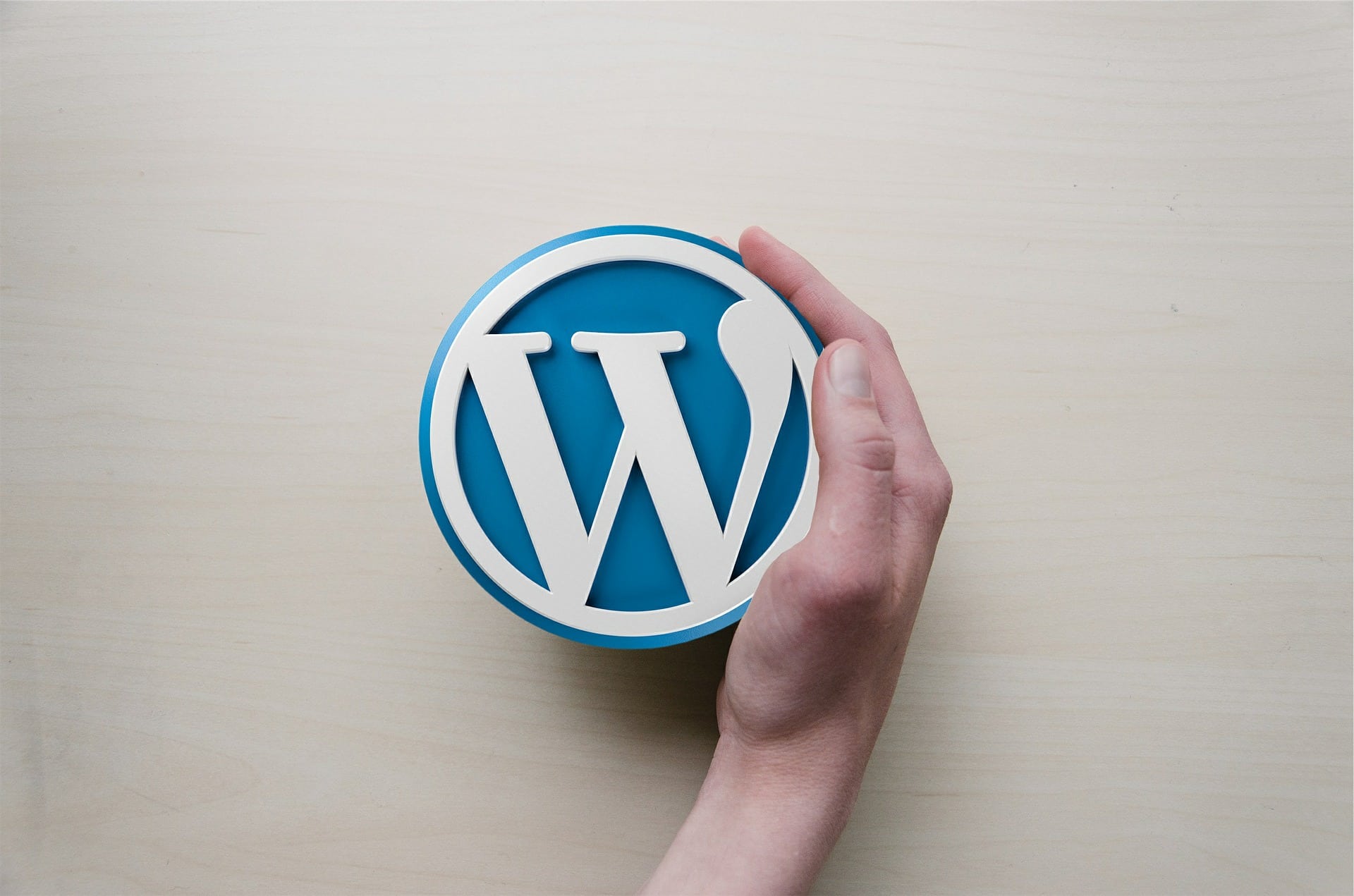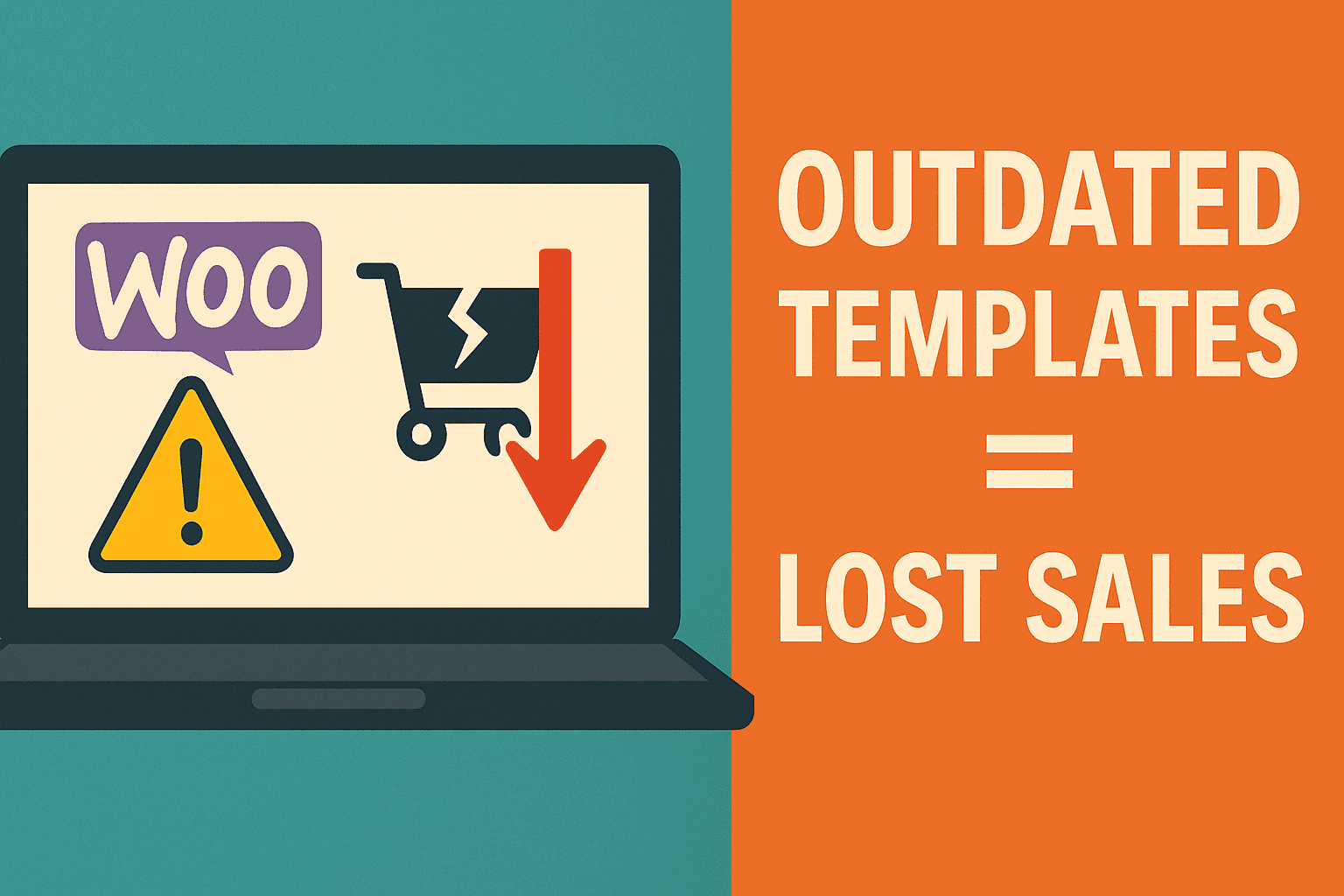Maintaining a website requires time and attention. There are plugin updates, security monitoring services, uptime checks, content edits and much more to manage.
WordPress support services save you time by taking care of regular site tasks that need to be accomplished. Some good examples are:..
1. Backups
When selecting a maintenance service, prioritize those that offer backups of your website data. This is essential in protecting against hacking attacks or any other catastrophes to the site and makes restoring it possible in future. Some services offer this feature as part of their monthly packages while others may charge an extra fee for it.
Not only should a good WordPress support and maintenance service offer regular backups, they should also offer updates for core files, themes, and plugins to prevent compatibility issues with older plugins and themes, and to keep up-to-date with latest versions. Regular updates also improve performance and security as well as fixing any bugs in plugins or themes that have become outdated over time.
An efficient website is essential to the success of any business, which is why finding a specialized WordPress maintenance and support service that can keep it performing at peak capacity is so essential. These services typically specialize in performing various tasks that ensure security, glitch-free operation, SEO optimization and user experience are kept top-of-mind; selecting one can greatly reduce workload while freeing you up to focus on expanding business growth – good maintenance services should have dedicated support teams available 24/7 that are readily available to answer questions or resolve problems that may arise with their platform.
2. Security
WordPress websites can be dangerous places, with WordPress sites especially susceptible to security breaches and vulnerabilities that pose threats from malware that steals visitor data or redirects them elsewhere, adds content without your knowledge, defaces your website and more – which all pose grave danger to businesses and their reputations.
Maintenance is key when it comes to protecting WordPress websites against breaches. WordPress receives updates (typically multiple per month) with bug fixes and security enhancements; similarly, all plugins and themes that you use on your site should also receive regular updates that include these improvements.
As part of an effective WordPress security strategy, it is recommended to implement multifactor authentication on all user accounts and restrict password attempts to prevent brute force attacks – an increasingly popular method used by attackers to gain unauthorised entry to WordPress websites.
Beyond that, it is critical that you utilize a reliable security plugin or software which scans your site for vulnerabilities and implement two-factor authentication for all user accounts and the appropriate permissions if contributors upload files directly. Finally, watch for potential backdoors on your website which allow unauthorized entry even with security measures put into place.
3. Performance
WordPress websites are intricate systems that need regular upkeep to remain functionally effective, just as cars or homes do. Regular maintenance will keep it running efficiently while also protecting it against issues that could derail its effectiveness or reliability.
One of the key tasks performed by WordPress maintenance services is updating plugins. New versions often include patches, bug fixes and security improvements designed to boost functionality or protect sites against threats posed by third-party plugins – keeping a site up-to-date ensures seamless operation among plugins while avoiding conflicts that could disrupt its operation.
Other performance improvements involve optimizing website loading speeds, which have an enormously positive effect on both user experience and search engine rankings. To do this, changes may include tweaking a database, improving file caching or making other adjustments so pages load quickly for visitors.
Regular maintenance checks should focus on broken links, outdated content, and other elements that detract from user experiences or reduce trust in your brand. A reliable website is essential to increasing conversions; any bugs must be fixed as soon as they surface by reviewing error logs, running site scans and reviewing security monitoring reports.
4. SEO
SEO is one of the cornerstones of any successful online business, impacting site progress, conversion rates and ROI – this is why most website owners rely on a professional WordPress maintenance service for optimal site optimization and smooth functioning.
Scheduled updates are an integral component of a good WordPress maintenance plan and play an essential role in increasing SEO rankings. Updates should include plugins and themes; security patches might be applied while others enhance user experience or performance. Failure to implement updates properly could result in compatibility issues and ultimately lower rankings on search engines.
Database optimization is another element of regular website maintenance that should not be ignored. Over time, databases can become overburdened with post revisions, trashed comments and spam, as well as other data that bog down site responsiveness. Regular database cleanups help reduce these overheads for improved overall site speed and quick retrieval of information. Image optimization should also be part of regular WordPress maintenance as high-resolution images can significantly slow page load times; optimizing their file sizes reduces file sizes without compromising quality.
These services are among the many reputable providers offering comprehensive WordPress maintenance and support. They specialize in offering 24-hour support, daily backups, security configurations and firewall protection to keep your site safe; plus weekly theme and plugin updates to enhance performance – making them the ideal solution for anyone searching for reliable maintenance provider for WordPress websites.





